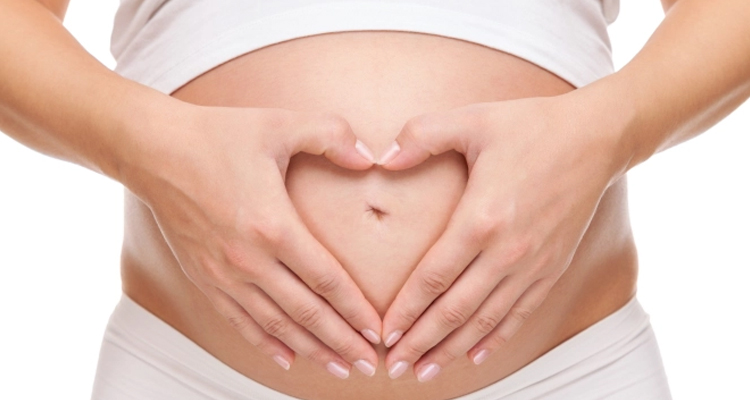
Pelvic & Vaginal Pain
Pelvic and vaginal pain can be extremely uncomfortable for women of all ages. There are a variety of conditions that can cause this type of pain with possible conditions listed below.
Possible causes of pelvic and vaginal pain include:
Ectopic Pregnancy
This is a life-threatening emergency that requires immediate treatment. It happens when an embryo begins growing outside of the uterus (usually in the fallopian tube). Symptoms include sharp pelvic pain or cramps, vaginal bleeding, nausea, and dizziness.
Ovarian Cysts
A follicle houses the maturing egg during the menstrual cycle and releases the egg when you ovulate. Occasionally, a follicle doesn’t open to release the egg or recloses after releasing the egg and swells with fluid, forming an ovarian cyst. This is usually harmless and goes away on its own. However, large cysts may cause pelvic pain, weight gain and frequent urination. Ovarian cysts can be identified with a pelvic examination or ultrasound.
Pelvic Inflammatory Disease (PID)
This infection can cause permanent damage to the uterus, ovaries and fallopian tubes. It is the leading preventable cause of infertility in women. Symptoms include abdominal pain, fever, abnormal vaginal discharge, and pain during sex or urination. PID is treated with antibiotics or surgery in severe cases.
PMS
As well as triggering mood swings and food cravings, PMS (premenstrual syndrome) can also cause abdominal cramps, low back pain, headaches, tender breasts, and acne. Hormonal changes may be to blame. Stress, lack of exercise and some vitamin deficiencies may make the symptoms worse. Lifestyle changes and medication can often help.
Vulvodynia
Vulvodynia pain affects the area around the opening of the vagina. It can be constant or recurring and is often described as a burning, stinging or throbbing sensation. Treatment options range from medication to physiotherapy.